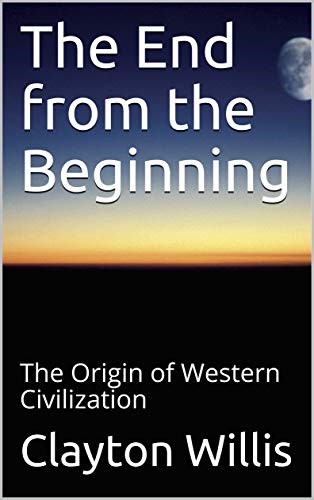Jonah and the Big Fish

Who has not heard the story of the prophet Jonah, how God called him, how he ran away, how he was swallowed by a whale, spent three days and three nights there before he decided to do what God wanted him to do?
Do you know WHY he ran away? That is the most interesting part of the story but very few know why Jonah was fighting against God.
God told His prophet Jonah to go to the city of Ninevah and “preach against it” because its wickedness could not be tolerated by God [1:1-2]
You can read the well-known parts of the story – Jonah got on a boat, a storm came up, Jonah was thrown overboard and swallowed by a “great fish” who, after Jonah repented, deposited Jonah on the shore. [1:3 – 2:10].
Jonah went to Ninevah and told the people they were going to be destroyed unless they changed their ways. They did, and God spared the city and this made Jonah very angry [3:1 – 4:10] but God gave him (and us) a very important lesson about God.
All human beings, even those as evil as the Ninevites, can turn to God and obtain forgiveness.
Jonah was so angry he told God (paraphrasing) “this is why I ran away, because I knew that you were a compassionate God who would change your mind about destroying Ninevah. And Ninevah needs to be destroyed” [Jonah 4:1–3].
Why did Jonah want Ninevah to be destroyed? Because it was the capital of the Assyrian Empire.
God’s prophets foretold that Assyria (Nineveh was the capital city of Assyria) would be the nation that would eventually destroy the kingdom of Israel [Isaiah 7:17–8:22] (the destruction took place around 721 BC, about 100 years later).
This is why Jonah wanted no part of warning Nineveh that it was about to be destroyed. Jonah didn’t want to save these Gentiles who would (or whose descendants would) destroy the 10-tribed northern Kingdom of Israel where Jonah had his home. He preferred that God destroy the Gentiles.
There is some archeological evidence that Nineveh had an extended period of peace and tranquility for more than 50 years at about this time (820 BC) – they were before and after an aggressive, war faring nation that sought constantly to subjugate neighboring nations – that coincides nicely with the story related in Jonah. If the city and its king and people truly repented, they evidently ceased many of their evil ways for a time.
Later they reverted to the same war faring nature, conquering the kingdom of Israel and transporting its people (perhaps some of Jonah’s children or grandchildren) to a faraway land and bringing people from those faraway lands to populate the area formerly belonging to the northern 10 tribes. Those peoples’ descendants are the denigrated and despised “Samaritans” of Jesus’ day.
This story is not only true but demonstrates the working of the hand of God; this story was preserved for the Jews of Jesus’ day (and for us today) to show God’s concern for all the people of the earth and not just the Jews or Israelites (v. 4:11). Had the Jews of Jesus’ day learned the lesson of Jonah, they would not have been so shocked upon learning that the New Covenant covered all the people of this earth.
Additionally, Jesus used the “sign of Jonah” as the only miraculous sign that Jesus was the Son of God [Matthew 12:39–42; Luke 11:29–32]

